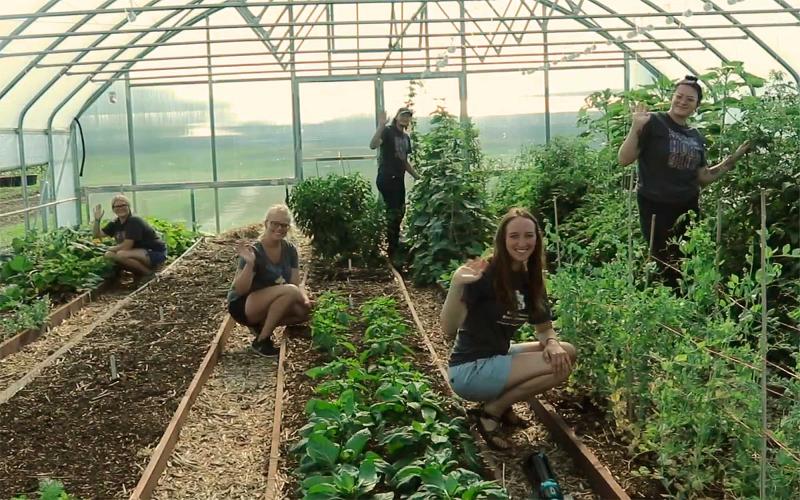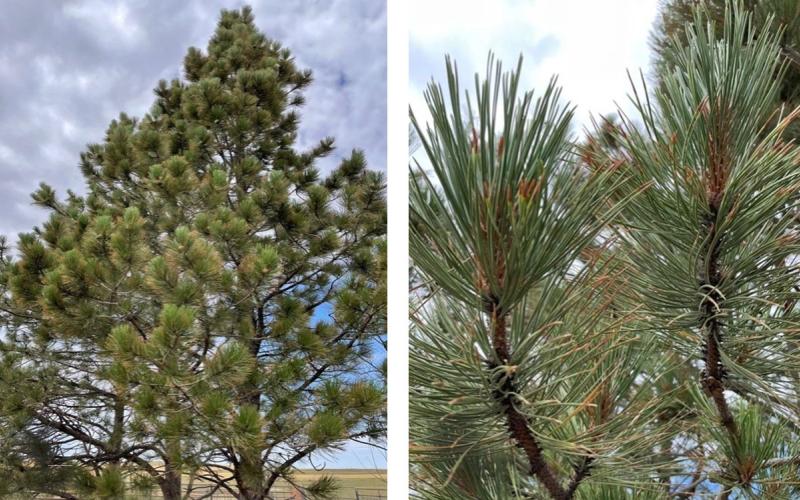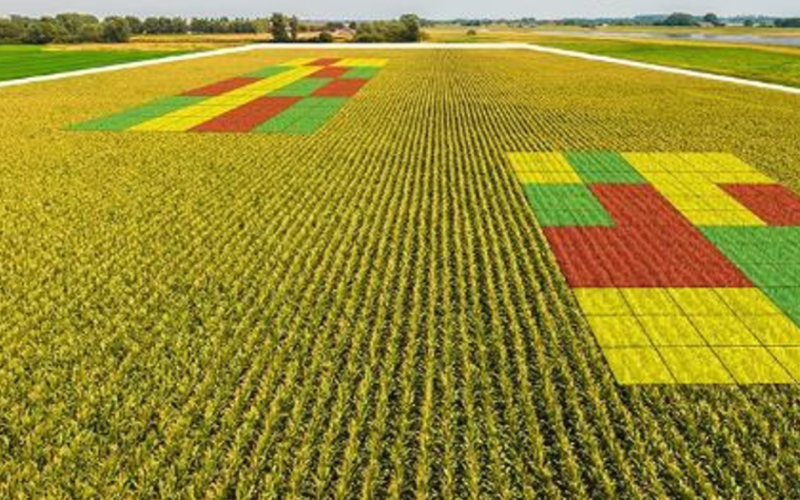Originally written by Heidi Carroll, former SDSU Extension Livestock Stewardship Field Specialist & Beef Quality Assurance Coordinator, with contributions by Addie Stamps, former SDSU Extension Livestock Production and Stewardship Field Specialist.
The scene of an accident is not the place to build your team! Several years ago, a semi-truck of Canadian cattle overturned and both humans and cattle sustained serious injuries. None of the first responders knew what to do with the cattle and none of the local veterinarians were available to euthanize the cattle. This resulted in a dangerous and chaotic situation. Similar stories have been told by first responders in South Dakota. Each day, more than 100,000 head of cattle are on the road. Accidents with animals on the road occur daily, and it is important that those traveling with the animals and responding to the scene of the accident know how to care for the animals.
What is the LERP program?
The LERP program is a training targeted at dispatchers, first responders, emergency managers, veterinarians, extension educators and others directly or indirectly involved in responding to vehicle accidents involving cattle and other animals. The program provides the education for emergency personnel to develop their own dispatch tree and emergency response plan when cattle are involved. Emergency responders will feel more prepared and knowledgeable if they are prepared for these situations.
Program Impact
Since the program began, 83% of participants feel the training helped mitigate emergency events involving cattle and 49% of those who have taken the program have an improvement in knowledge regarding handling cattle involved in accidents. One of the biggest impacts of the program is that 80% of those who have taken the emergency training have shared the knowledge they gained with others.
The knowledge gained and the sharing of knowledge have led to the development of an emergency response plan in communities that have gone through the training or have had the training shared with them. Also, euthanasia guidelines have been written, which is critical to have in place if cattle need to be euthanized during an accident on the road. These plans and guidelines help ensure cattle well-being during an accident, and also help people responding to the accident to be prepared and minimize mental and emotional stress.
Cattle and other livestock are transported daily on the road. The LERP program provides response training for dispatchers and first responders when there is an accident involving cattle.
For questions regarding the LERP program, contact Robin Salverson, SDSU Extension Cow/Calf Field Specialist, or Addie Stamps, SDSU Extension Livestock Production and Stewardship Field Specialist. For more information or if you are interested in hosting a training, fill out the interest form below.


